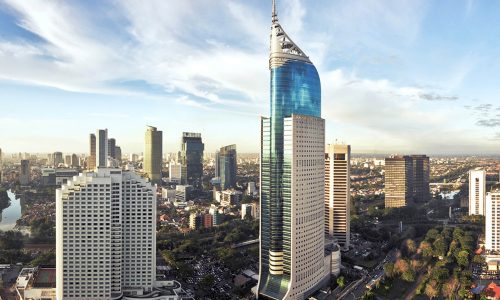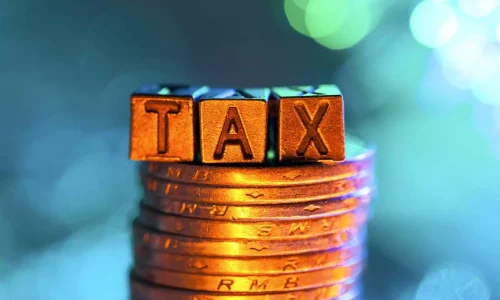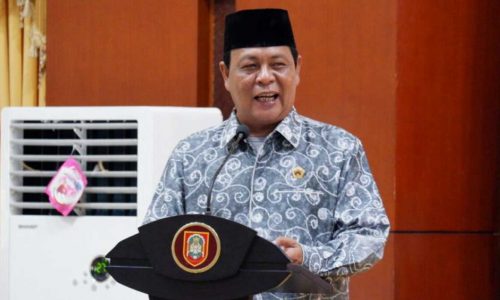Coordinating Minister for Economic Affairs Airlangga Hartarto has expressed optimism that Indonesia’s economy would still be going strong, with a predicted growth of 5% in 2023. His statement has been such a slight relief as the World Bank had said that the world might be edging toward a global recession in 2023 and a string of financial crises in emerging market and developing economies.
Going strong in perfect storm
Indonesia, along with the global community, is currently experiencing a perfect storm or the 5C: COVID-19, cost of living, conflict between Russia and Ukraine, commodity prices and climate change. Despite that, Indonesia’s economic growth reaches 5% for three consecutive quarters. The country’s internal economy is relatively strong because it is supported by domestic consumption.
Based on sectors, warehousing transportation has the highest growth at 21.27% while food and beverage accommodation at 9.76%. On the expenditure side, household consumption grew solidly at 5.51%, supported by export performance at 19.74%.
Trade balance surplus with trade balance from January to September reaching US$ 35 billion with three main commodities: Coal, palm oil and nickel. Hartarto said Indonesia’s economic growth was supported by the abundant nickel reserves at 21 million nickel ores, or around 23.7% of the world’s resource. The government’s policy in banning nickel ore export has contributed to the economic growth. The nickel is supplied to domestic battery producers for electric vehicles (EVs) as part of the downstream operations.
Indonesia’s stock performance is relatively good among other countries. Even though there is high volatility, the Composite Stock Price Index (IHSG) gives a positive return year-on-year (yoy) above 3% compared to other countries.
Growing economy in 2023
Indonesia was optimistic that its economic growth target would achieve 5.2% in 2022, Hartarto said during the “Economic Growth Amid Global Inflation” Sinar Mas Dialogue Forum – Economic Outlook 2023 in Jakarta on October 17, 2022. As the country’s economy was predicted to grow by 5.3% in 2023, there would be several opportunities that Indonesia could benefit from the economic growth.
The already improved handling of COVID-19 and the acceleration of vaccination; the increasing demand and consumption that is in line with the improvement in the main indicators of consumption, investment, and the external sector; the raising of global commodity prices such as palm oil and energy; as well as the G20 Presidency in Bali in November would contribute to the economic growth.
The growth also depends on disciplined pandemic control, system improvement support; appropriate economic policy responses (including fiscal and monetary) to ensure a stronger recovery process; structural reforms that promote efficiency and increase productivity in the context of job creation.
Challenges
However, there are several challenges that can disrupt the possible economic growth. They are:
- The uncertainty of the end of the COVID-19 pandemic – especially with the rising positive cases and the emergence of new variant XBB;
- The heated geopolitical issues especially on the Russian and Ukraine conflict that leads to global energy crisis and limited energy supply;
- The climate change;
- The increasing global inflation due to consumer demand and rising expensive energy prices;
- The normalization of interest rates in developed countries; and
- The supply chain disruption.
Looming inflation
Hartarto said that inflation in the country was likely to continue to rise. This is affected by fuel price hike and the upcoming fluctuations in food prices.
Indonesia’s annual inflation rate accelerated to 5.95% in September 2022 from 4.69%, the highest level since October 2015 and compared with market estimates of 6%, according to tradingeconomics.com.
Currently, the inflation rate is being held back by the decreasing prices for horticultural commodities (shallots and chilies), while the increasing rice price contribute to the inflation by 0.04% in September.









